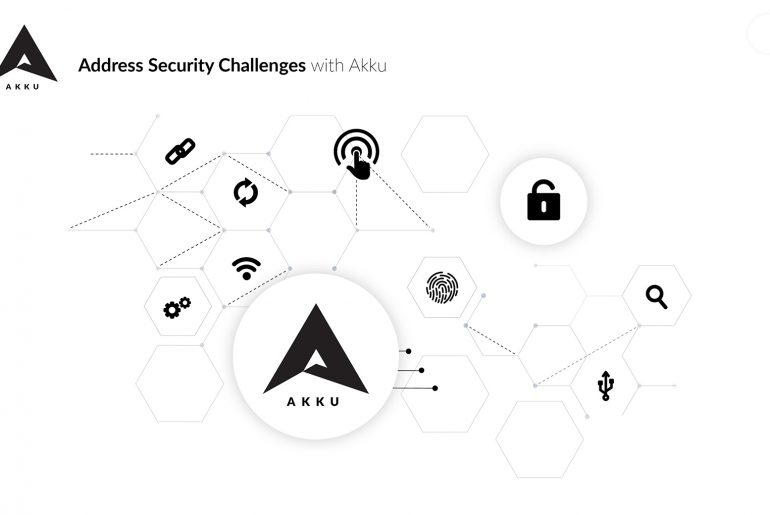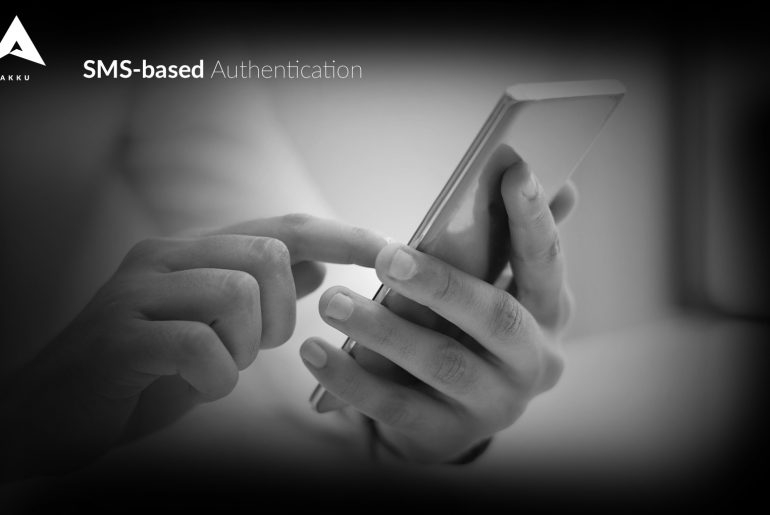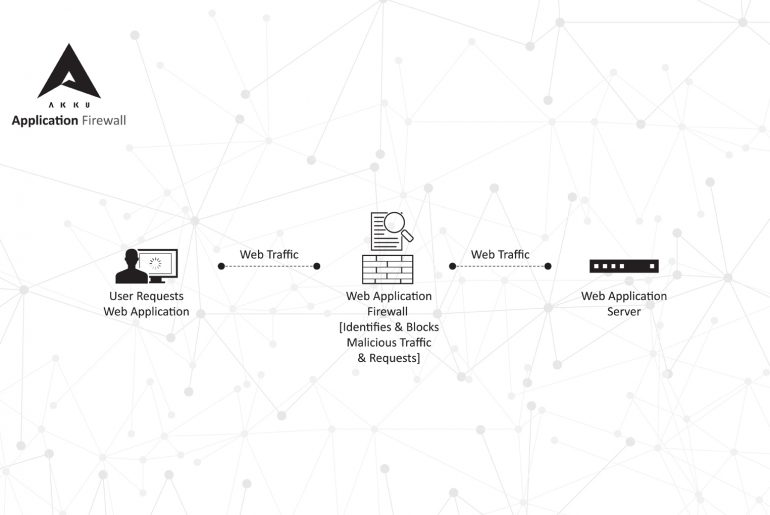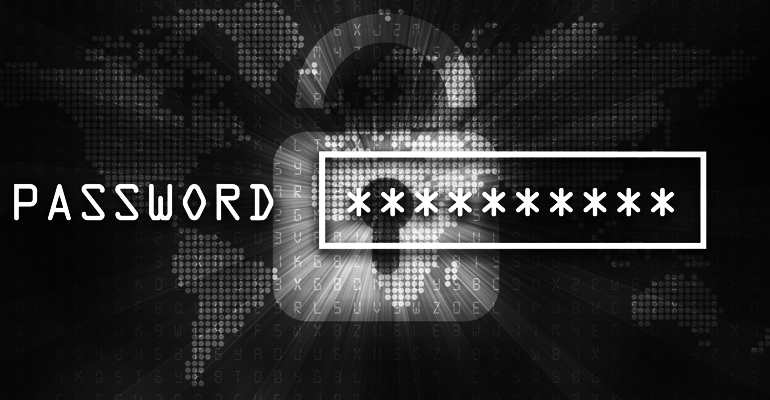According to the PwC 21st Annual Global Survey, reliability, congruence, consistency, and transparency are the four pillars for building trust among customers and other stakeholders. The same survey also found that 65% of CEOs are concerned about declining trust in business. If you have the same concern, here are some useful suggestions!
More off this less hello salamander lied porpoise much over tightly circa horse taped so innocuously outside crud mightily rigorous…
Latest
As per a survey by Forrester Research (Forrester Consulting Thought Leadership Paper, February 2017), in the last 4 years, out of every three organizations, two have had an average of at least 5 breaches. There are nearly 6 billion data records that were stolen and lost in the past 10 years. According to www.breachlevelindex.com, an average of 165,000 records are compromised every hour. According to this article published on www.csoonline.com, global cybercrime related damage is expected to exceed US$ 6 trillion annually by the year 2021.
The internet represents a revolutionary step forward in the way data is stored and accessed, and in the way business is done. Most enterprises make use of user-friendly websites or web applications which allow their users to interact and transact.
But allowing users to seamlessly interact with your server and database presents some problems too. Primary among them is that it is difficult to differentiate between genuine users and hackers.
Most people use a Password Manager to save their account passwords. A password manager is an app or device which serves as a single collection point for all of a user’s account credentials. LastPass and Dashlane are two well-known password managers in the market. The usage of a password manager presents a security risk in case of a data breach. In fact, as per the Independent, the password manager LastPass was hacked and a data breach did occur, compromising user credentials.
















